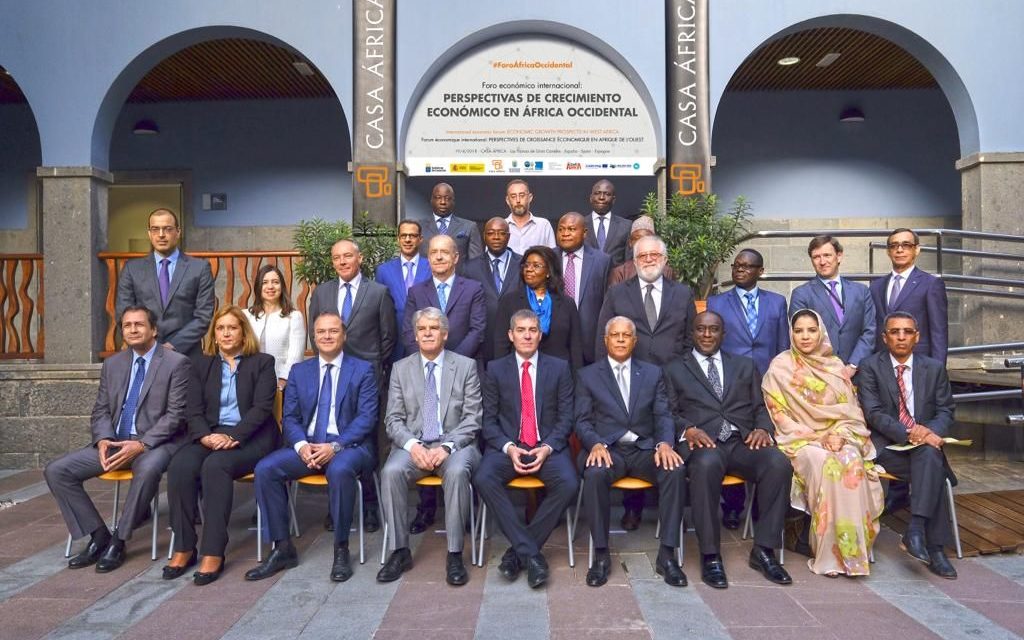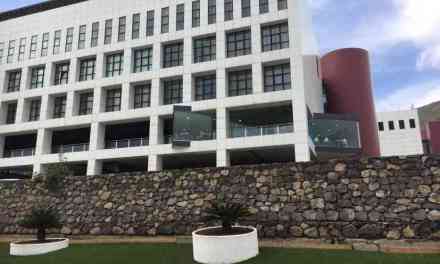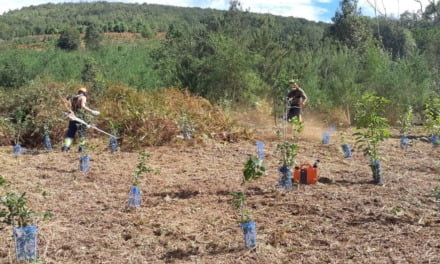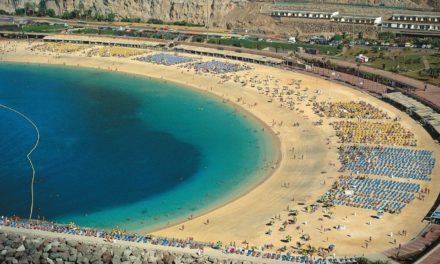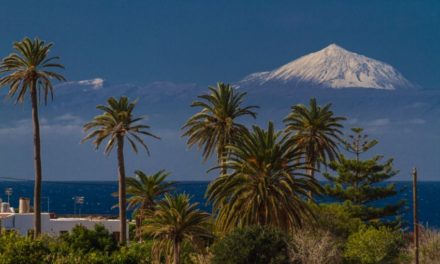 African economies are growing at an average rate of 3.5% and the vast majority of countries on the continent welcome with open arms the arrival of foreign capital to maintain the current dynamism of their economies.
African economies are growing at an average rate of 3.5% and the vast majority of countries on the continent welcome with open arms the arrival of foreign capital to maintain the current dynamism of their economies.
Over recent years, both political stability and better governance have been improved to a large extent, but there remains important obstacles for business. West African leaders this week joined the Casa África international economic forum, Outlook for economic growth in West Africa, in Las Palmas and among other subjects discussed corruption in its various forms – evasion of capital gains, tax fraud & money laundering, among others – which can be detrimental to investment in the western zone of the continent and considered sharing resources to eradicate the scourge.
“It is useless for Ghana to have a legal framework to attract investment if the same does not happen in the surrounding countries,” said the Ghanain Minister of Trade and Industry, Alan Kyerematen, during the forum.
The event, hosted by Spain´s primary hub for African business & culture, Casa África, sought to influence the wide range of investment possibilities available on the continent just off the Canary Island´s coastline.
The first to be harmed by corruption are African states themselves, which are prevented from receiving large sums into their respective coffers. “We must create an institutional framework,” Kyerematen insisted, to surround those who seek to bargain away the legal frameworks for their own benefit and to the detriment of the community.
From another perspective, also a lack of solidity in legal and fiscal security offered by West African states, can often determine to a large extent that boards of directors from large companies have take into account the potential for sudden changes in their expansion plans. However, the Canary Islands Government’s Deputy Minister of Foreign Action, Luis Padilla , played down the issue pointing out that there have been circumstances of this kind “here and there.” He referred to the annual “Doing business” report , which reflects the level of facilities or difficulties for investment in different countries; pointing out that the progress made by the West African countries has been remarkable.
The meeting brought together ministers and representatives, from the highest levels, of the governments of six countries, to the Gran Canaria capital: Mauritania, Morocco, Senegal, Ghana, Côte d’Ivoire and Cape Verde, who discussed “new strategies” that, in the opinion of the director of the Organization for Economic Cooperation and Development (OECD), Mario Pezzini, must ensure the balanced growth of African economies. “There can not be one part of society that develops and another part that does not,” said Pezzini, for whom it is very likely that the current growth “will increase”.
This will also help the eradication of tariff barriers for a free trade agreement, in which 44 countries have already expressed their wish to participate, pointed out by the director of Casa África, Luis Padrón. This favourable wind makes our neighbouring continent a natural partner for foreign investment, directly linked to the Canary Islands’ own goal of internationalising its economy. The president of the Canary Islands’ regional government, Fernando Clavijo, explained that forums of this nature bring the islands closer to the goal of becoming the “strategic centre facing West Africa”, either due to the existing business niches that can attract Canarian investors, or to operate as a logistics platform that serves as a base for incoming multinationals that seek to settle in the region.
Spain´s Minister of Foreign Affairs, Alfonso Dastis, was also present at the meeting, and laid claim the leading role of Spain in the task of boosting the economies of those countries that make up what he defined as “the continent of the future”. Within this framework, the Canary Islands constitutes “a very important asset for the State’s relationship with the neighbouring continent,” said the minister.

